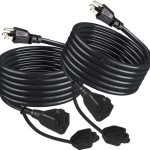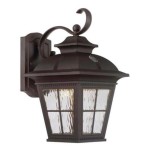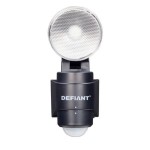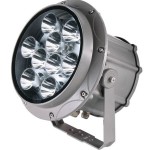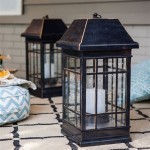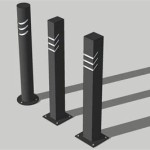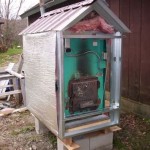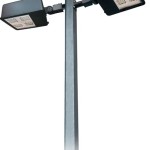Solar Panel and Battery for Outdoor Lights: Essential Aspects to Consider
As the demand for sustainable lighting solutions grows, solar panels and batteries are becoming increasingly popular for powering outdoor lights. These energy-efficient setups offer numerous advantages, from reduced electricity costs to minimal environmental impact. However, to ensure optimal performance and longevity, it's crucial to consider essential aspects when choosing these components.
1. Solar Panel Efficiency
Solar panel efficiency indicates how much sunlight is converted into electricity. Higher efficiency ratings mean greater power output for a given surface area. Look for panels with efficiency ratings of at least 20%, as these will generate more electricity in low light conditions and cloudy weather.
2. Battery Capacity
Battery capacity determines how long your outdoor lights can operate without sunlight. The capacity is measured in Ampere-hours (Ah) and should be selected based on the desired runtime and the number of lights to be powered. For extended illumination, choose batteries with capacities of 100Ah or higher.
3. Battery Type
There are several types of batteries available for solar lighting systems, including lead-acid, lithium-ion, and nickel-cadmium (NiCd). Lead-acid batteries are low-cost and well-suited for short-term applications, while lithium-ion batteries offer longer lifespans and higher energy density but come at a premium. NiCd batteries provide a balance between cost and performance.
4. Solar Panel and Battery Compatibility
Ensure compatibility between the solar panel and battery. The panel's voltage output should match the battery's charging voltage range. Incorrect matching can damage the battery or reduce its efficiency.
5. Load Calculations
Accurately determine the power consumption of your outdoor lights by considering the wattage and duration of use. This calculation will help you size the solar panel and battery to meet the specific energy demands.
6. Wiring and Installation
Proper wiring and installation are essential for a safe and efficient solar lighting system. Choose weather-resistant wiring with the appropriate gauge for the load. Securely mount the solar panel in a location with maximum sunlight exposure and connect it to the battery and lights using reliable connectors.
7. Maintenance and Troubleshooting
Regular maintenance and troubleshooting will ensure the optimal performance of your solar lighting system. Clean the solar panels occasionally to remove dirt and debris. Inspect the battery terminals and wiring for any loose connections or corrosion. If you encounter any issues, consult the manufacturer's instructions or seek professional assistance.
Conclusion
By considering these essential aspects, you can choose the right solar panel and battery for your outdoor lighting needs. These energy-efficient and sustainable solutions will bring both practical and environmental benefits to your home or property.

Outdoor Lighting Foundry Giant Zhl Group Announced Space Series Modular Solar Street Lights

How To Make Solar Power Outdoor Lights Just Measuring Up

Convert Outdoor Light To Solar 3 Easy Ways With Diagrams Spheral

Oculi Solar Panel Kit Wall Bracket Batteries And Adaptor Quality Essential Distribution Qed

1 5v 0 65w Mini Solar Panel Small Cell Module Battery Charger For Garden Lights

How To Make Solar Power Outdoor Lights Just Measuring Up

1000 Lumens Powerful Outdoor Solar Light Led Flood With 5000mah Large Capacity Battery Continuous Lighting Without Motion Sensor For Passageway Garage Garden

Solar Outdoor Lights Panel Light Long Lasting Battery Lamp Waterproof High Brightness Remote Control Garden Energy Saving Shein Usa

Solar Panel 3700milliamperes Power Supply For Outdoor String Lights Waterproof Rechargeable Battery Com

Do Solar Garden Lights Need Batteries Outdoorlights The
Related Posts
